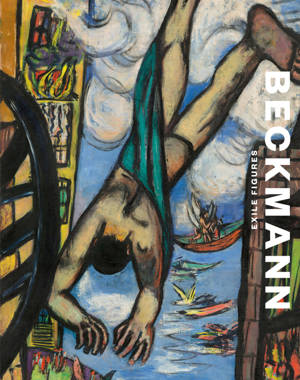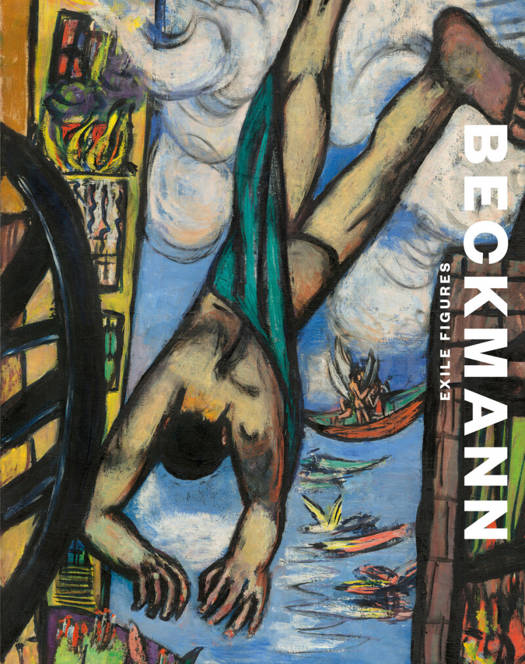
- Retrait gratuit dans votre magasin Club
- 7.000.000 titres dans notre catalogue
- Payer en toute sécurité
- Toujours un magasin près de chez vous
- Retrait gratuit dans votre magasin Club
- 7.000.0000 titres dans notre catalogue
- Payer en toute sécurité
- Toujours un magasin près de chez vous
Description
Reckoning with exile: Beckmann as chronicler of the dispossessed
Associated with, but not reducible to, both German Expressionism and New Objectivity, German painter Max Beckmann (1884-1950) developed an individual pictorial style, using a realistic idiom filled with symbolic references to offer a powerful account of the upheavals of the 20th century and their personal effects.
Max Beckmann: Exile Figures brings together more than 60 of Beckmann's works, including paintings, lithographs and sculptures. The publication offers a full overview of Beckmann's life and career, beginning with his years in Germany--from his first public recognition prior to World War I through the rise of National Socialism in the 1930s, when he was fired from his teaching position in Frankfurt and banned from exhibiting in public. After this, Beckmann went into self-imposed exile in Amsterdam and the United States, where he would live out the rest of his life. This book interprets the artist's entire career through metaphors of exile, understood both literally and as the existential condition of modern man. Max Beckmann: Exile Figures examines several thematic strands of exile and alienation in the artist's work: the loss of identity associated with the condition of exile; the modern city as the capital of exile; the parallels between exile and death; and the concept of the infinite, with its twin powers of seduction and alienation.Spécifications
Parties prenantes
- Auteur(s) :
- Traducteur(s):
- Editeur:
Contenu
- Nombre de pages :
- 210
- Langue:
- Anglais
Caractéristiques
- EAN:
- 9788417173227
- Date de parution :
- 19-02-19
- Format:
- Livre relié
- Format numérique:
- Genaaid
- Dimensions :
- 218 mm x 274 mm
- Poids :
- 1088 g

Les avis
Nous publions uniquement les avis qui respectent les conditions requises. Consultez nos conditions pour les avis.






